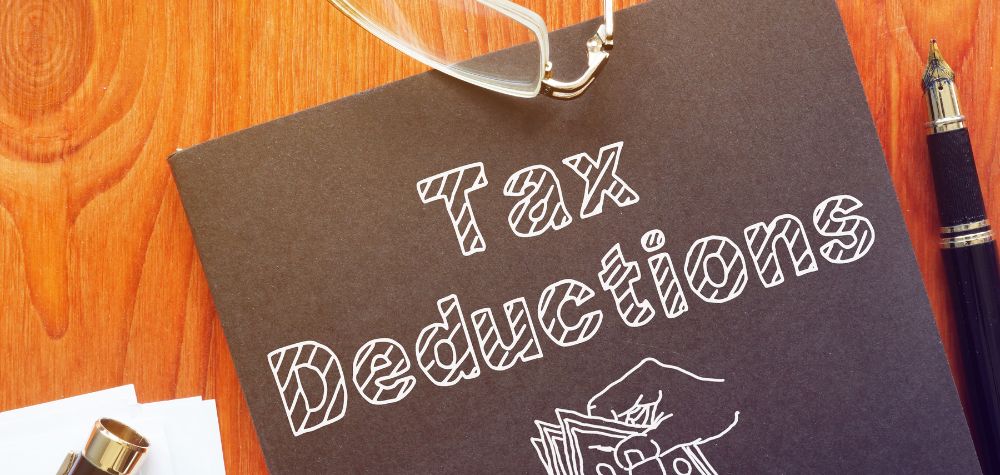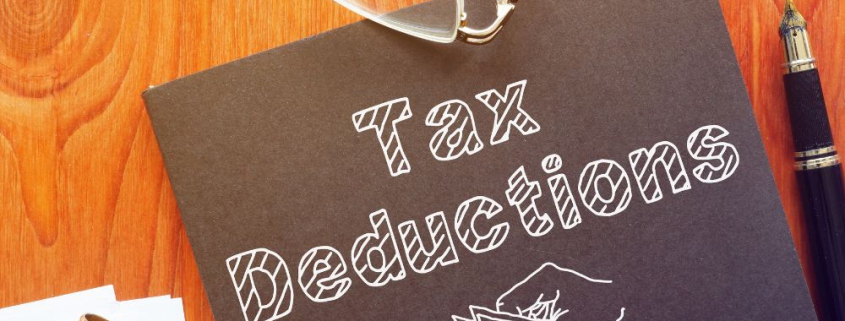Are You A Home-Based Business? Here’s How To Maximise Your Tax Deductions.

Small business owners may be able to claim deductions for the costs of using their home as a principal place of business when filing their income tax returns.
A home-based business is one where an area of your home is set aside and used exclusively as a place of business. If you do not have an area set aside and used exclusively as a place of business, but you do some work from home, you may still be able to claim a deduction for some of your expenses relating to the area you use.
Tax deductions may be claimed for the business portion of household expenses; however, ensuring you are claiming expenses you are entitled to can be challenging. How you operate the business out of your home will determine the expenses that may be claimed. Your business structure will also affect your entitlements and obligations when claiming deductions on home-based business expenses.
Generally, three types of expenses can be claimed: running expenses, occupancy expenses, and in some cases, the cost of motor vehicle trips between your home and other locations (if the travel is for business purposes). You can claim occupancy and running expenses if you have an area of your home set aside as a ‘place of business’.
Running expenses refer to the increased costs of using your home’s facilities for the running of your business, including:
- Repairs to your business equipment.
- Heating, cooling and lighting a room.
- Cleaning.
- Phone and internet.
- Depreciation of business furniture and equipment.
To calculate the running expenses of your home-based business, you must ensure that you exclude your private living costs and that you have records to show how you calculated the expense.
Occupancy expenses are those that you pay to own or rent your home, including:
- Mortgage interest or rent.
- Land taxes.
- Council rates.
- Insurance premiums.
Occupancy expenses are calculated based on the floor area of your home that is used for the business and the portion of the year that it was used.
Small business owners should note that capital gains tax (CGT) payments may be required when your home was used for business. However, CGT won’t apply if you operate your business from a rented home, didn’t have an area expressly set aside for your business activities or the business was run through a company or trust.
Records that need to be kept include written evidence, tax invoices and receipts, and should substantiate your claims for all home-based business expenses. This needs to be kept for at least 5 years to substantiate your claims.
Your business structure can affect the method you can use and the expenses you can claim, especially if your business is a company or trust. If you are a sole trader, a partnership or a company or trust, there are specific rules that may apply to you. Speaking with a trusted tax adviser is the best way to ensure you comply with those guidelines – why not start a chat with us today?




